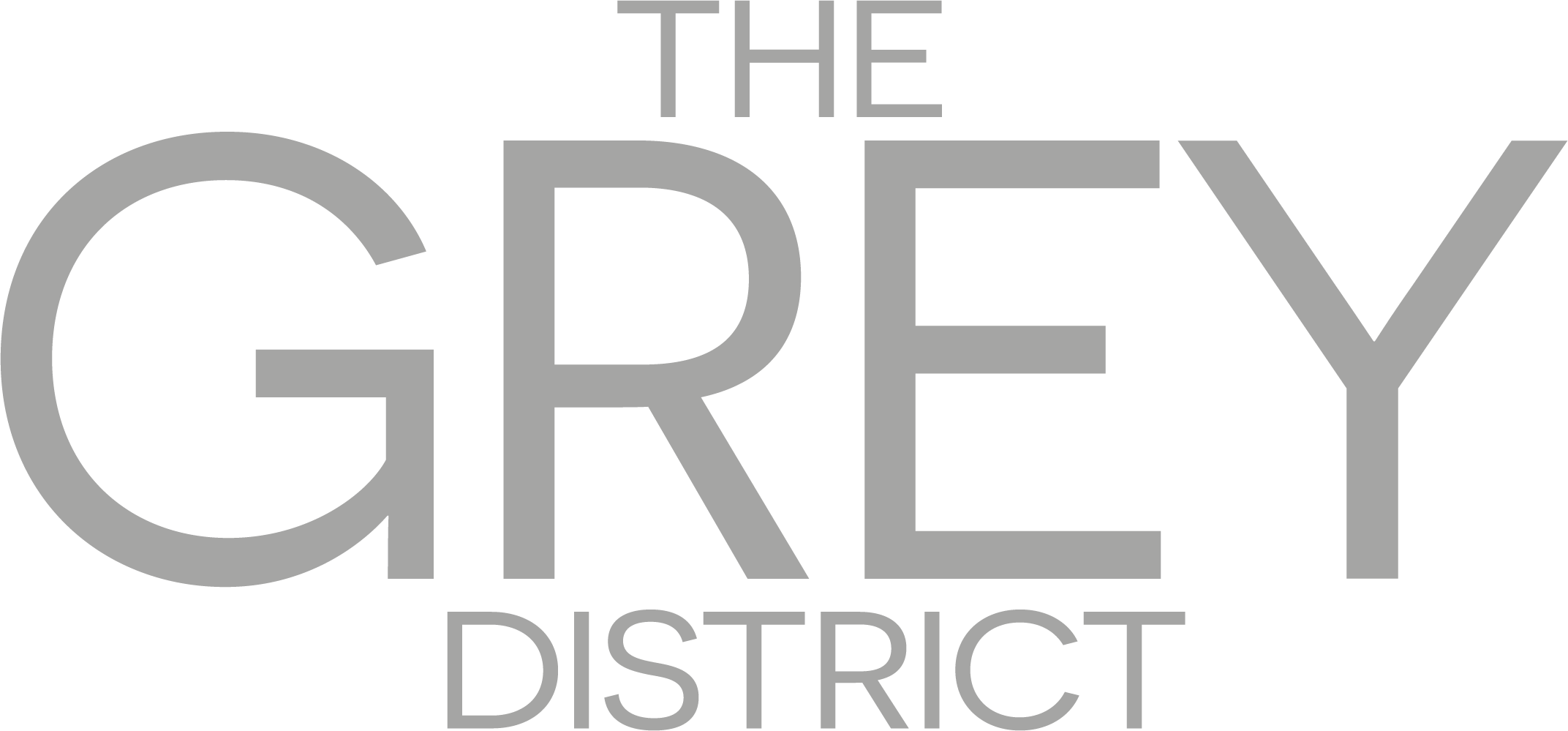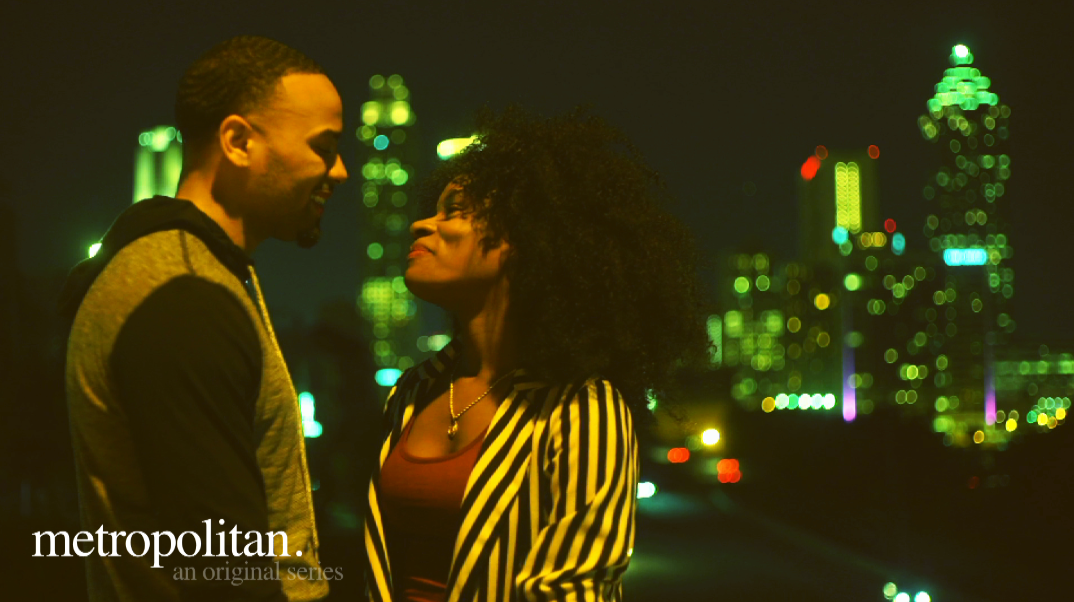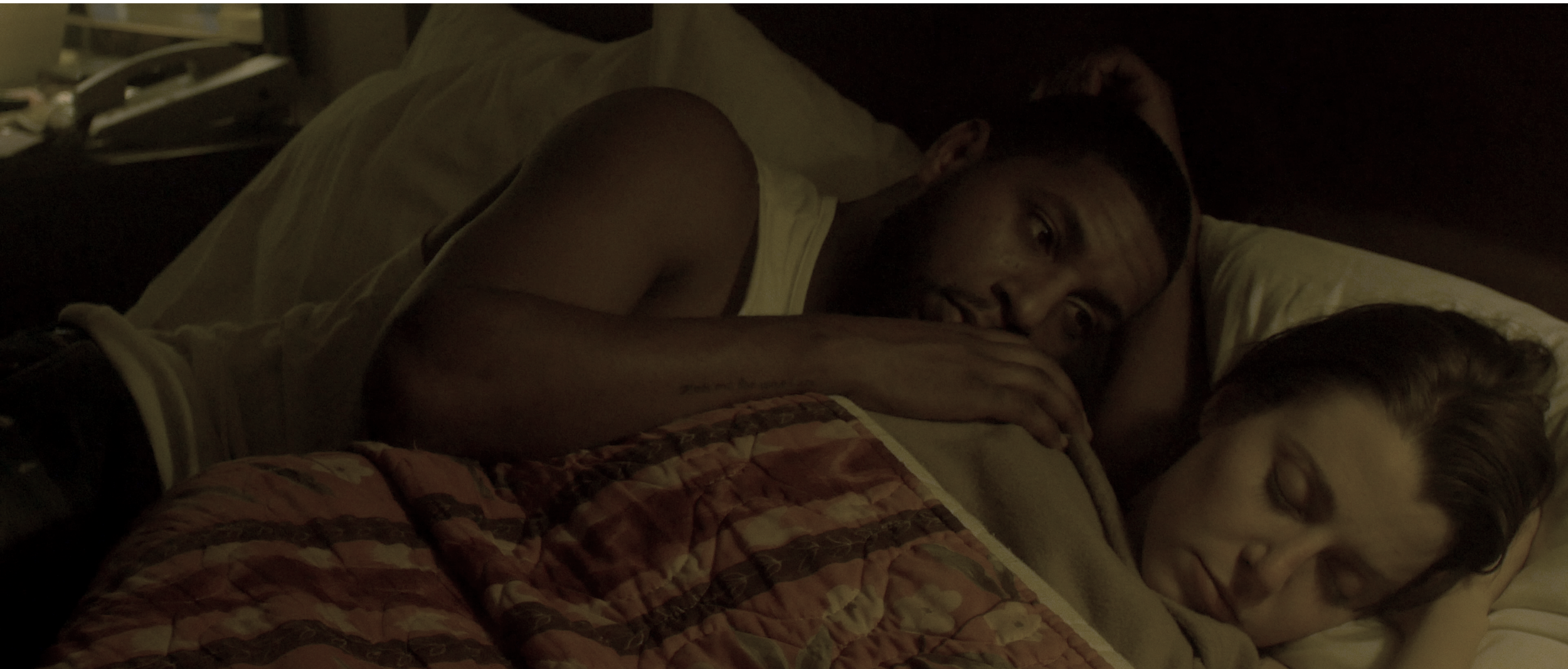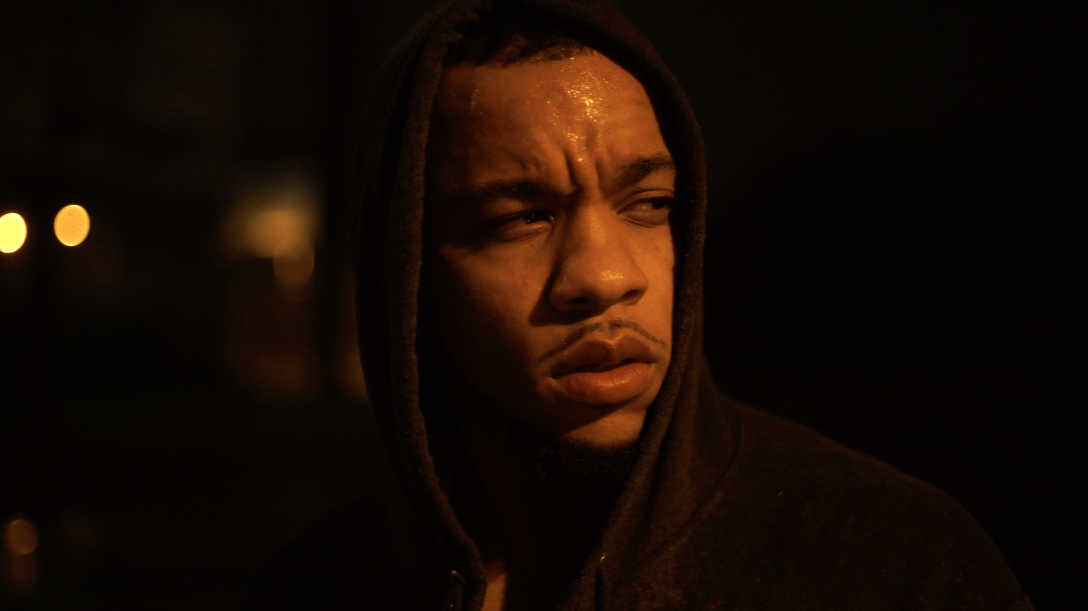FILM: THE ARTHOUSE - An Exclusive Interview with Lamont Pierrè
Los Angeles, CA/Atlanta, GA
With over 11 years of film-making under his belt, Lamont Pierrè has written, directed, and produced a collection of compelling stories detailing the often complex lives of young urban adults. The creative mind behind the award winning web series FREEFALL discusses his new production company The ARTHOUSE as well as the current and future state of black film.
Exclusive Interview with Lamont Pierrè
You recently started a solo venture with The ARTHOUSE. Give us some details on the new company.
The ARTHOUSE is "a network of bold + cinematic + compelling series that pulls into focus the obscure, muted and systematically drowned-out characters and stories distinct enough to mount a cinematic counter-revolution -- aiming to silence a culture full of noise."
How do you believe the explosion of streaming television has changed the game for black filmmakers and production?
As viewing habits have shifted, streaming television has changed the game for the industry as a whole. Specifically, for black filmmakers, it has allowed us to unapologetically take command of our stories, our images and our voices through means never before available to us. I personally feel liberated and have enjoyed the evolution of the independent side of the industry over the years. A lot of people think "indie" means you cannot gain access into the mainstream; for a lot of us "indie" means we don't want to be a part of the mainstream -- at least not via the increasingly archaic avenues and practices of traditional media. We can now green light ourselves and serve our material directly to audiences starving for content that is not valued or produced by the mainstream. It is my opinion that some good has come from society's shift towards a more microwaveable culture; the fact that technology and disenchantment (with the media offerings of the mainstream) have converged into what I see as opportunity and empowerment.
Your web series FREEFALL has been a huge hit with over a million views. It is also one of the popular, if not the most popular, LGBTQ series on the net. What do you contribute to the series success?
I believe FREEFALL has been a hit because we came out at a time when LGBT media needed some barriers broken. So, I attribute our success to timing and the execution of our series conceptually. We've been called groundbreaking and I actually believe that to be completely accurate. LGBT media, especially films and series that feature predominantly black characters/casts, were not taking certain risks story wise and cinematically when it came to offering a more balanced representation of LGBT life. We came in with a fresh concept and cinematic visuals. FREEFALL kicked that door down, kept our eye on the work as a piece of art and armed ourselves with a sustainable business plan. I believe that resonated with viewers and the industry and is why we have lasted almost four years and fifty episodes later as an award-winning web series.
Tell us about your new series METROPOLITAN?
METROPOLITAN follows a group of urban millennials as they navigate their careers, relationships and the turbulence of their late 20s as they fight for their dreams and goals in the increasingly hostile sociopolitical climate of their city.
What’s your take on the future of Black cinema?
I have always felt that black filmmakers don't take enough risks conceptually, visually and cinematically with their writing, casting, characters (and character development), lighting and editing techniques and practices. It feels like the general consensus among black filmmakers is to make the next Barbershop film -- as if that is the paradigm for a successful film making career. We are overlooking indie cinematic gems such as Pariah, Love Jones, Eve's Bayou, She's Gotta Have It, Brother to Brother, Daughters of the Dust and learning from them. We also don't look at other non-Black filmmakers enough to see what we can learn. Filmmakers such as Bernardo Bertolucci, Alfonso Cuarón, Darren Aronofsky, Billy Wilder, Francis Ford Coppola and Alfred Hitchcock just to name a few. One of my cinematic goals is to make at least one foreign-language piece.
What are some of the challenges THE ARTHOUSE faces as a startup production?
Media attention from credible black press. Having lived in L.A. for several years working the industry as an upcoming writer/director, the saying "it's who you know" is so true. I've even found, in my experience, a seeming intentional overlooking -- by black press. Black press doesn't give everyone a fair shot to be seen and noticed -- not like they do others who are so clearly transparent in their "grind". It's laughable the d*ckriding that I witness from some of my peers working their way through the industry -- and it actually works for them! When I stopped working for Lee Daniels right before his breakout hit Precious came out, I told myself I wasn't going to try to "make it" off of my association with him or the people he exposed me to and I never attempted to after all these years. Instead, I was going to let my work speak for me. The work of myself and my team of talented artists and even many of my very talented film making peers who are grinding in L.A., NYC and Atlanta, would be more well known if there was more emphasis on the art itself as opposed to the relationships. Not to say that one doesn't have its place, but it is annoyingly unbalanced. I created one of the first black web series ever -- before web series was a "genre" -- but because we didn't know enough of the right people, you'd never know that. So, that has been my biggest challenge throughout my decade-long career -- just getting noticed for the work itself. With that said, that challenge has always lit a fire in me and I am very thankful for where myself and my team have ended up. I feel like we're in a lane of our own, so there's peace within that for me.
You stated the lengths some people will go to "make it". in your opinion, what is proper industry networking vs. desperation?
Desperation to me is when you are willing to put too much emphasis on meeting the next hot person over just being a strong filmmaker first and letting those relationships develop naturally or more authentically. I've seen marginally talented filmmakers hop to the next hot actor or the next hot producer whenever it seems like whatever the next person did to "get in the door" works. In the black indie world, they recycle the up-and-coming indie actors instead of always trying to break and cultivate new talent. It can feel very bandwagon at times as an upcoming writer/director in indie Hollywood. There are a few who are not chasing fame and publicity and being a part of the "hot" circle. Those are the ones to keep an eye out for -- the ones who work with their heads down and are trying to get there off the strength of the work and not the cliques and relationships -- especially in such a microwaveable culture that seems to devalue thoughtful art more and more. I am very inspired by Melvin van Peebles' approach and perspective on the industry. His masterpiece Sweet Sweetback's Baadasssss Song still resonates with me today. I got a chance to meet him and get a sense of his story while in NYC during my Lee Daniels days. He really understood the politics of the industry and that being a filmmaker, especially a black filmmaker, did not mean you had to accept unfair practices and the political rigmarole of the industry especially the opportunities therein for minority artists. This industry is still about who you know. I personally don't have the personality or temperament for inauthentic relationships, so I've had to carve out a path that works for me and my values. And I'm not anti-Hollywood -- I want to be clear about that. But I am anti-Only-Hollywood. For me, Hollywood is a mountaintop in my cinematic career -- but not the mountaintop. And nowadays, you don't even need Hollywood to make a living as a filmmaker. So, what a time to be alive!
What’s next for The ARTHOUSE?
The ARTHOUSE is in the middle of our breakout year and it is turning out to be such a major debut year for us. We have introduced several new series to our network as well as maintained our classic series. We have expanded production from just Los Angeles and Atlanta to NYC, D.C., Miami, Chicago and New Orleans. We are excited at our slate of content from season to season and are anxious to continue expanding our audience and prepare everyone for not one, but two feature films written and directed by me: The Night Reign Fell to New Orleans and The Execution of Nigel Harris (starring Skipper Elekwachi, Vanessa Simmons, Cherie Johnson and Towanda Braxton). We want to continue to produce compelling stories with memorable characters + lush visuals to an audience that the industry discounts. We aim to serve the under served and help tell the stories of the voiceless. We are art for the obscure.
What advice would you give a first time filmmaker working on their first film project?
To be great, study the greats.






